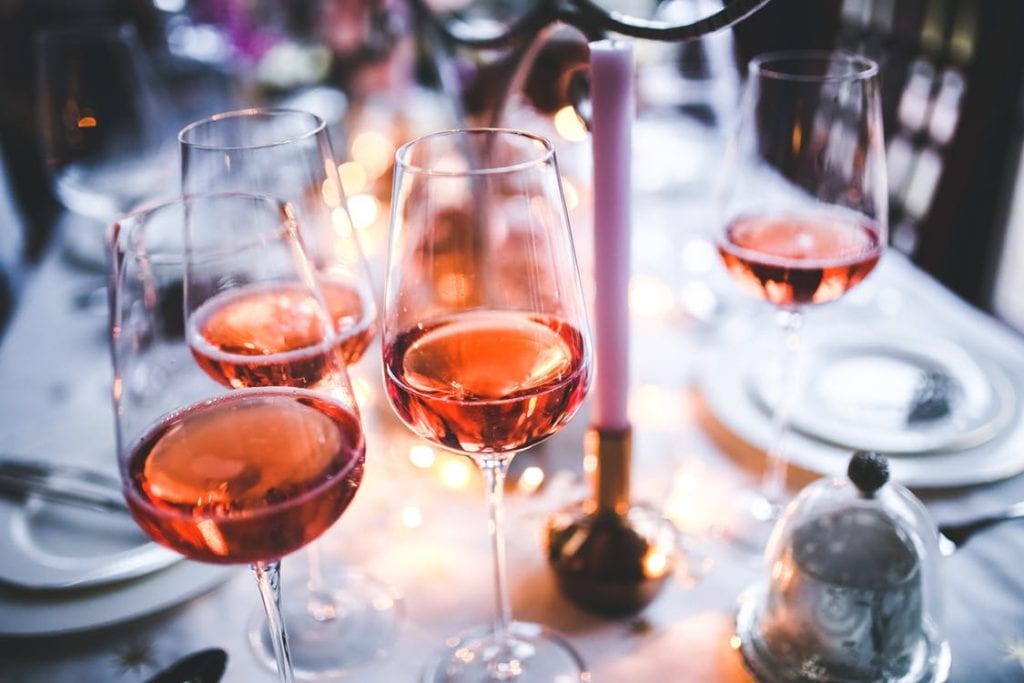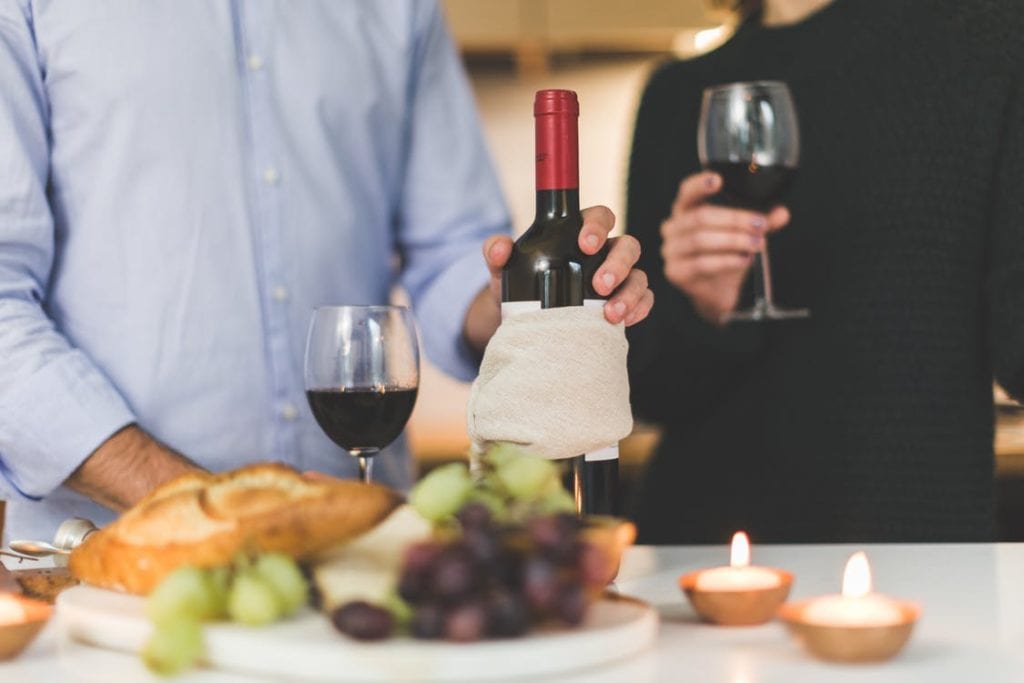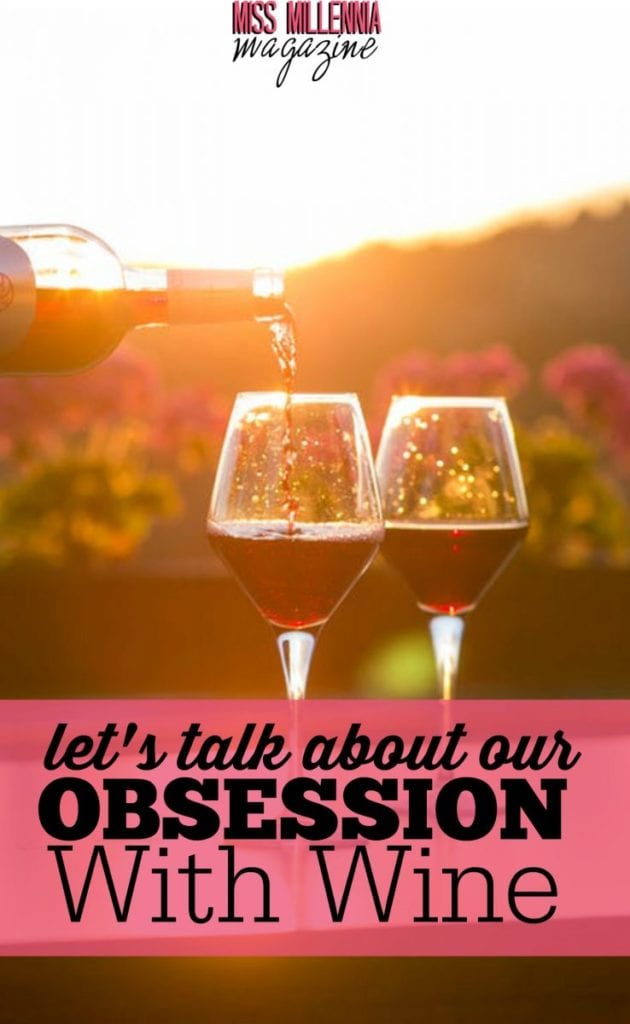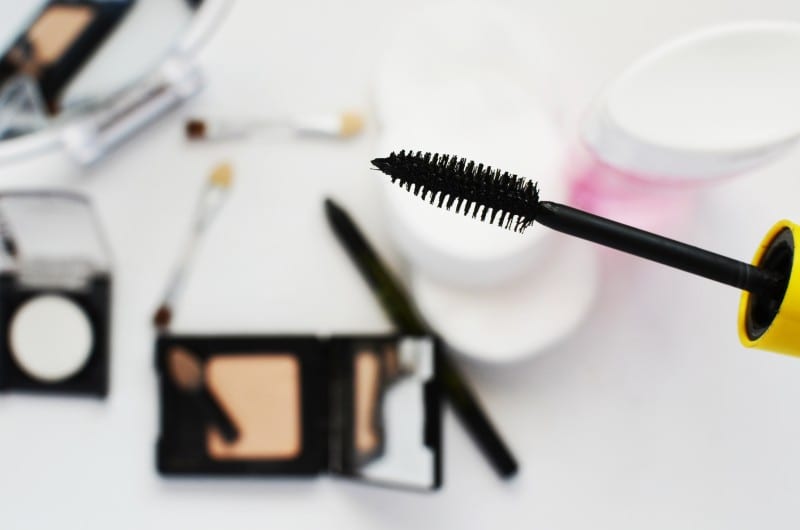Let’s Talk About Our Obsession With Wine
Scrolling through my Facebook feed one morning, I came across a headline that caused me to laugh out loud: “Pot-smoking Moms Are Tired of Being Judged by Wine Drinkers.” The off-the-cuff absurdity lead me to assume it was just another Reductress article that a friend had shared, but upon further investigation, I realized it was both genuine and quite interesting.
The Today article examined a curious double standard in the world of motherhood, wherein wine is considered a perfectly acceptable method for unwinding, but marijuana is not. Though both are mind altering substances, legality and stigma separate them in our collective consciousness. Truth be told, I completely agree with the pot-smoking moms, but that’s not what I’m here to talk about.
You see, this article clogging up my Facebook feed was yet another reminder of how pervasive wine culture is. Despite the fact that I rarely drink it, wine weaves itself in and out of my life with surprising regularity. It’s always present at girls’ nights and get togethers, I routinely offer it as a host or Christmas gift. Hell, my last birthday celebration ended at a wine bar!
Why is it that wine seems to follow me wherever I go, whether invited or not? It seems that the answer may lie in the company I keep.
Millennials on Wine Consumption
You can’t argue with numbers. A recent report by the Wine Market Council found that millennials quaffed approximately 159.6 million cases of wine in 2015 — that equates to 42 percent of all wine consumed that year. Never ones to be outdone, my contemporaries are drinking more wine than any other generation.
Because of our massive buying power (and massive thirst), we’re changing the way the wine industry works. Our distrust of institutions means we’re less likely to put stock in the opinions of , wine critics and their 100-point tasting scale. Instead, we value a personal connection: We want to know what our friends and families like. We want to know the wine’s backstory — where it came from, how it was made, etc. And since we’re perpetually broke, we’re probably not going to spring for anything over the $20 a bottle mark.
We’re also incredibly open-minded when it comes to wine — we don’t stigmatize it. Who cares if it comes in a box or has a screw top? We want to know what it tastes like! We may have our favorites, but we’re always willing to embrace something new! It doesn’t matter if it comes from a different region or it’s an unusual blend, we’ll offer up our glasses to the fresh and unfamiliar.
That said, millennials aren’t the only demographic that’s taking over the world of wine…
Women
The Wine Market Council report revealed that women account for 57 percent of wine volume in the US. Many vintners have taken notice, and are marketing specifically to women with labels such as “Girly Girl”, “Mad Housewife,” “Skinnygirl” and “Bitch.” Of course, this ridiculous pandering completely misses the mark when aimed toward millennial women, most of whom are turned off by gendered stereotypes.
Digging deeper, the question that begs to be asked is this: what is it about wine that women love? Personally, I think the answer varies depending on who you ask (and really, regardless of their gender identity). It may be that a glass of wine is a nice way to relax at the end of the day, a means to connect with peers, a step in a self-care routine, or an engaging hobby.
Unfortunately, although our relationship with wine is often harmless, there can be a darker side to drinking it habitually. If your friend drank three glasses of vodka a night, you might be concerned — you might even consider it to be a problem. However, three (or more) glasses of wine seems infinitely more harmless — not to mention it’s far more socially acceptable. Yes, the alcohol content in vodka is considerably higher than in wine, but that’s not really the point. In the last few years, wine has emerged as a “social media friendly” method for dealing with the daily pressures of life. And while that may not necessarily be a “bad” thing, it’s certainly goading women everywhere into walking a very fine line.
One group of women in particular are being pushed further and further into that dangerous territory…
Mothers
It’s hard to go a day on social media without coming across a meme combining motherhood and wine. They all follow the same essential formula of “mommy needs a time out” or “without wine, I couldn’t parent at all.” While the joke is a bit overused, anyone who’s ever spent more than an hour with a child understands the inherent humor. Despite the lighthearted nature of these memes, there are a few reasons why it may be time to retire them.
The first is that wine companies are using it as fodder for marketing campaigns, turning the stress of motherhood into a money-making tacting. Brands like “Mommy’s Time Out”, “MommyJuice”, and “Stressed Mommy Wine” line the shelves, somehow managing to condescend to us while still demanding our money. A woman’s desire to have a drink does not require a pandering label or a special “type” of wine. A woman does not have tie her entire identity to motherhood — she is free to enjoy a drink without it being classified as “mommy time.” Furthermore, these “mommy loves wine” memes often turns mothers — and motherhood itself — into the butt of the joke.
Perhaps the biggest reason why it’s time to drop these jokes is because, even without meaning to, they can be dangerous. Most moms may laugh about needing to drink, but they’re not alcoholics — and would never dream of endangering their children. However, when the message that drinking is the way to unwind from the stresses of motherhood becomes so increasingly prevalent, new moms don’t see any other option. For women that have a tendency toward addiction, this is incredibly dangerous. Making light of the isolation, anxiety, and unhappiness many moms feel, and normalizing wine as a justified coping strategy only serves to make problems much worse.
I think the temptation to self-medicate exists among all three of these demographics. Millennials, women, and mothers are all under preposterous amounts of stress — and living in a culture that still stigmatizes mental health issues doesn’t encourage us to explore healthy outlets. I’m not saying that we lack the capacity to drink responsibly, or that we must only drink for the “right reasons” (whatever they may be); I’m just concerned that this love affair we have with wine may be a sign of a deeper issue. Many Americans are increasingly unhappy, and booze may be becoming our collective choice for a band-aid. I mean, hell, what does it say when Washington DC residents drink more wine per capita than any other US state?
Wine is a beautiful thing. It comes with it’s own special set of folklore, customs, terminology, and can be appreciated equally by both experts and amateurs. It holds a special place in many people’s’ hearts (even my own). But at its core, wine is alcohol, and alcohol is a complicated substance. So in the end, my message to you, dear reader, is this: if you love wine, revel in the joy it brings you — but please, drink responsibly.








